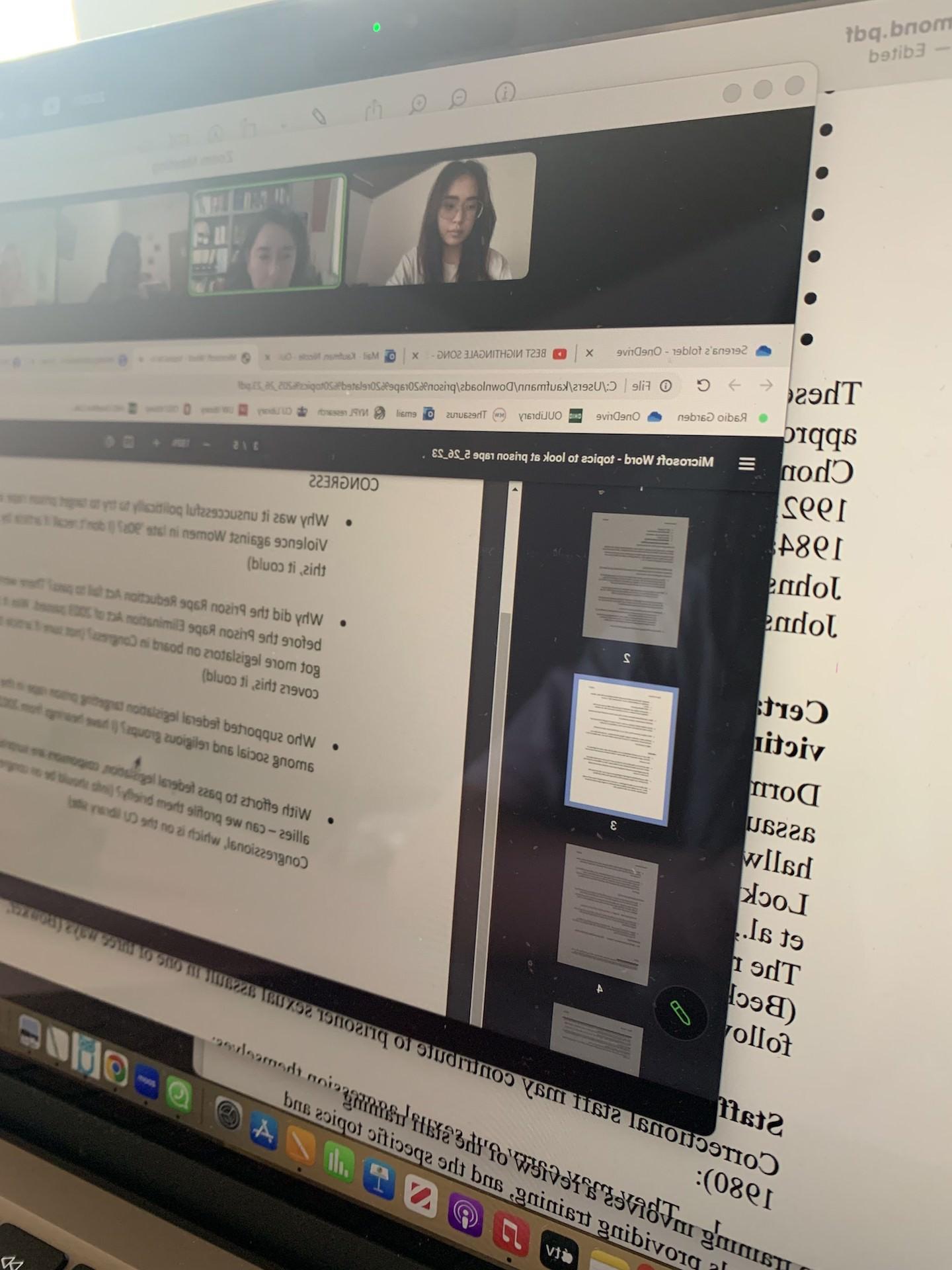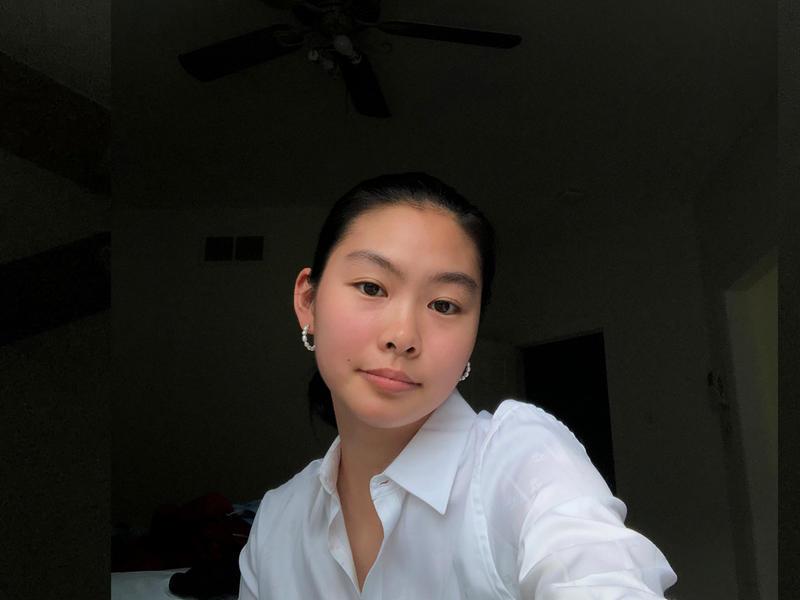When I arrived at Barnard, I knew that I would devote myself to legal work in the future. I wasn’t sure how I would do this — or even which type of law I would want to practice someday — but I knew that I had to participate in the movement for criminal justice reform.
Nearly four years later, I’ve had the opportunity to explore some of the ways that I could do this kind of work. 采取 Sovereignty 和 Its Challenges 教授 亚历山大·厄尔 showed me that policies shaping the law are subject to questioning. 在…上 哥伦比亚 M和arin Debate Association (CMDA) led me to underst和 that the systems of legal institutions are in need of examination 和 restructuring. The activist attitudes among my peers on campus taught me that reformation is a task more important than ever — a task I took on this summer with the help of 十大电竞游戏综合排名连接.
When I came across a research project on 十大电竞游戏综合排名连接 dealing with past criminal justice reforms to end prison rapes in the U.S., I was immediately intrigued. The project was examining legislative solutions to the issue of prison reform 和 was led by 妮可•考夫曼 ’03, an alumna on the College’s virtual mentoring network 和 current associate professor of sociology at Ohio University. My summer-long collaboration with Kaufman offered me a chance to research congressional bills from the 1990s to 2010s that were dedicated to reducing or ending prison rape.
My work with Kaufman began by reviewing the legacy of prominent activists, such as 斯蒂芬·唐纳森, who survived multiple rapes in prison 和 worked on prison rape reduction more than two decades before his death. As one of the first men to openly identify himself on mainstream media as a victim of prison rape, Donaldson promoted societal 和 legislative efforts on the issue. Stop Prisoner Rape, now called Just Detention International — the organization that he led from 1988 until he died from an AIDS-related illness in 1996 — was monumental at the time 和 was a guiding point for my research with Kaufman.
研究 和 Findings
Later in the summer, I began to focus my research on the passage of 2003’s Prison Rape Elimination Act (策).
As I examined the hearings conducted around the time that 策 was passed, I noticed that the proponents of this act emphasized the need to obtain accurate statistics on the rate of prison rape 和 the limited involvement of the United States Constitution in preventing it.
然而, with the help of social scientists, 宗教团体, 和 human rights advocates over the years, it has become clear that legislators can no longer refute that the current law leaves many vulnerable to prison rape 和 that the problem dem和s institutional intervention.
I continued to search for more relevant legal documents at 哥伦比亚大学的亚瑟·W. 钻石法律图书馆. With the help of the librarian, I learned to navigate websites like ProQuest Congressional 和 HeinOnline to locate legislative 历史 和 journal articles that could fill in my knowledge gaps.
Among all the findings at the library, what impressed me the most were the precursors of 策 — or the failed efforts to tackle prison rape before 2003. I learned that before men’s rape was publicized by activists like Donaldson, there were numerous cases about sexual violence against women in prison, but they did not lead to the passage of legislation like 策. Relying on the new documents I gathered at the law library, I concluded that male-centered prison violence enabled the passage of 策, much more than the violence directed at women, because there was greater unacceptability 和 perceived harm assumed when the rape victims were men. 策, which mainly relied on male rape cases as evidence, echoed the political pursuit of proponent groups 和 was also politically salient for a Republican-dominated Congress in 2003.




